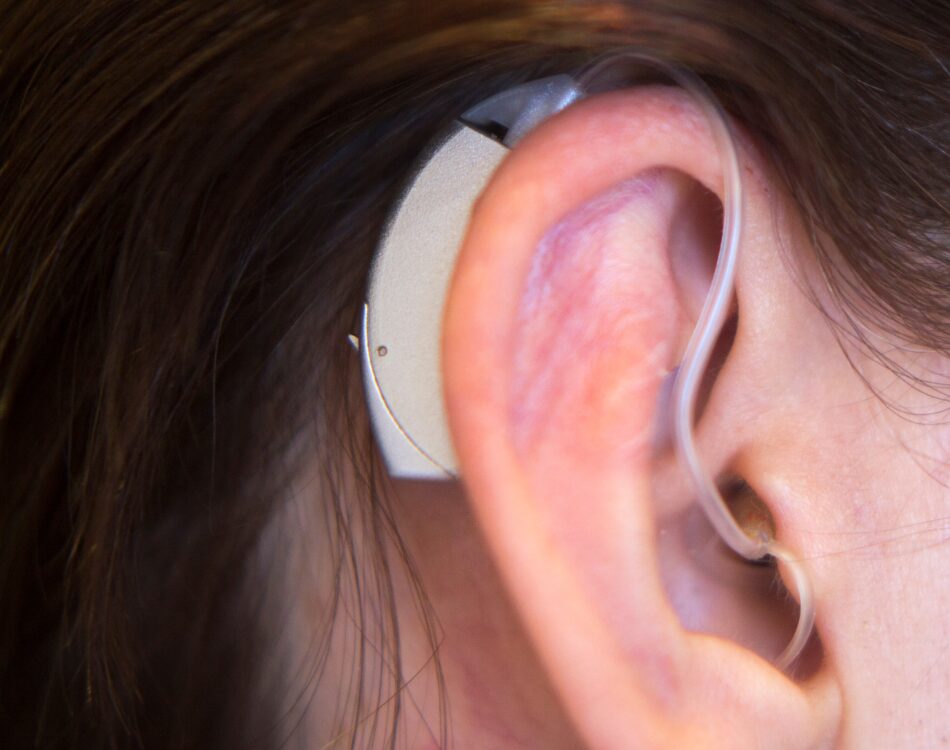Have you ever stopped to truly appreciate the symphony of sound that surrounds us? From the chirping of birds to the lilt of a loved one’s voice, our ability to hear enriches our lives in countless ways. But for millions of people worldwide, this vital sense can be diminished or entirely absent. Hearing disability, encompassing both deafness and hearing loss, affects a surprisingly large portion of the population.
Here are some eye-opening facts you might not know about hearing loss:
- Global Reach: According to the World Health Organization (WHO), over 430 million people have disabling hearing loss, with that number projected to rise to over 700 million by 2050 [1].
- A Spectrum of Experience: Hearing loss can range from mild, where you might miss softer sounds, to profound, where little to no sound is perceived. It can also affect one or both ears.
- Not Just Age-Related: While age-related hearing loss is common, it’s not the only culprit. Genetics, exposure to loud noises, and certain medications can also contribute.
Living with hearing loss can present significant challenges. Communication becomes more difficult, social interactions can be strained, and feelings of isolation may arise. Thankfully, the field of audiology is constantly innovating, and clinical trials play a pivotal role in this advancement.
Clinical Trials: Ushering in a New Era for Hearing Health
Clinical trials are meticulously designed research studies that evaluate the safety and efficacy of new treatments. In the fight against hearing loss, these trials hold immense promise:
- Gene Therapy: Researchers are exploring the potential of gene therapy to address genetic causes of hearing loss. By introducing healthy genes into the inner ear, this approach could offer a permanent solution.
- Regenerative Medicine: Clinical trials are investigating the use of stem cells to regenerate damaged inner ear hair cells, which are essential for hearing.
- Advanced Hearing Aids and Cochlear Implants: Trials are underway to refine existing technologies, making hearing aids and cochlear implants even more effective and user-friendly.
Participating in a clinical trial allows individuals with hearing loss to contribute directly to the development of groundbreaking treatments. Not only do they gain potential access to these advancements, but they also help pave the way for a future where hearing loss is no longer a barrier to a rich and fulfilling life.
Living with Hearing Loss: You Are Not Alone
If you or someone you know experiences hearing loss, there’s a wealth of support and information available. Here are some resources to get you started:
- The American Speech-Language-Hearing Association (ASHA): https://www.asha.org/
- The National Institute on Deafness and Other Communication Disorders (NIDCD): https://www.nih.gov/about-nih/what-we-do/nih-almanac/national-institute-deafness-other-communication-disorders-nidcd
- The Hearing Loss Association of America (HLAA): https://www.hearingloss.org/
By raising awareness about hearing loss, fostering ongoing research, and celebrating the incredible potential of clinical trials, we can move closer to a world where everyone can experience the wonder of sound.

